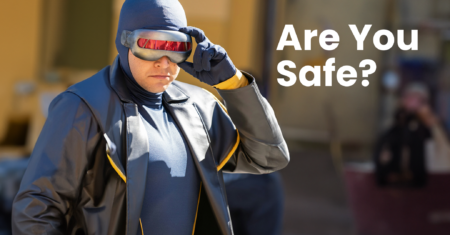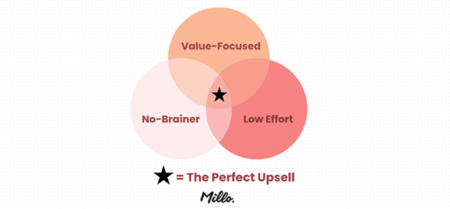Copyright is a legal concept that grants the creator of an original work exclusive rights to its use and distribution. This includes various forms of creative works such as literary, artistic, musical, and even software creations. In the context of freelancing, understanding copyright is crucial, as it dictates how your work is protected and used by others.
Here are some key points to consider about copyright in freelancing:
- Automatic Protection: In most countries, copyright protection is granted automatically upon the creation of an original work. This means that as soon as you create a piece of work, whether it’s a written article, a graphic design, a piece of software code, or any other creative output, you have copyright protection over it.
- Exclusive Rights: Copyright holders have certain exclusive rights over their work, including the rights to reproduce, distribute, perform, display, and create derivative works based on the original. This means others cannot use your work without your permission.
- Licensing: As a freelancer, you can choose to license your work to others. This involves giving permission for certain uses of your work while retaining ownership. Licenses can be tailored to specific purposes, durations, and territories.
- Work-for-Hire: When freelancing, particularly in creative industries, clients might ask for a “work-for-hire” arrangement. In this case, the client usually owns the copyright to the work you create, and you’re essentially selling your rights to the work for a specified fee.
- Portfolio Usage: While you retain copyright over your work, clients often expect to be able to showcase the work they’ve hired you for in their portfolios. It’s a good practice to outline these terms in your contract.
- Copyright Infringement: If someone uses your work without your permission, they are infringing on your copyright. This can lead to legal action and potential damages.
- Duration: Copyright protection is not indefinite. The duration varies by jurisdiction and type of work, but it generally lasts for the creator’s lifetime plus a certain number of years.
- Registering Copyright: While copyright protection is automatic, some countries allow you to register your copyright with a government agency. Registration can provide additional legal benefits in case of infringement cases.
- Fair Use: Some uses of copyrighted work may be considered “fair use” and might not require permission from the copyright holder. Fair use is generally associated with uses like criticism, commentary, news reporting, education, and research.
- International Considerations: Copyright laws vary by country, so if you’re freelancing for clients from different parts of the world, it’s important to understand the copyright laws that apply.
It’s advisable to include clear copyright terms in your freelance contracts to outline how your work can be used and under what conditions. If you’re unsure about any copyright-related matters, it’s wise to consult with a legal professional who specializes in intellectual property law.
See also: Intellectual Property, Work-For-Hire, Workflow, Freelance Photographer



